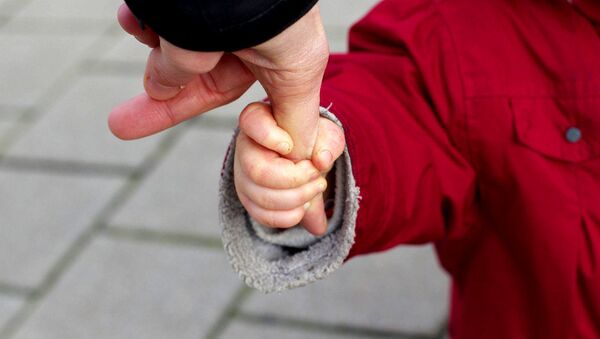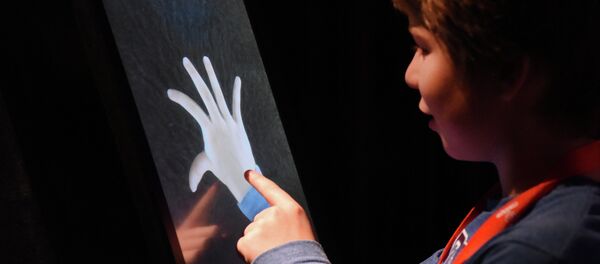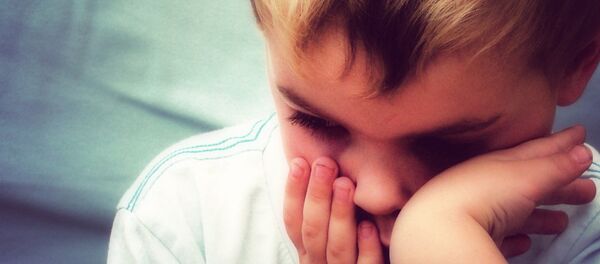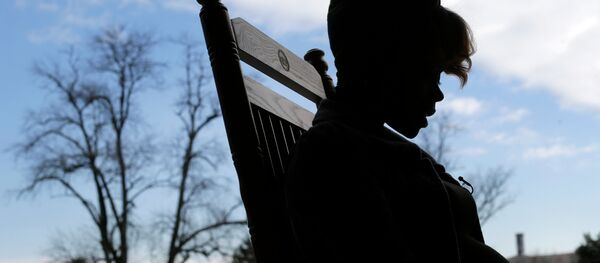The vast majority of victims were living chaotic lives — in and out of care homes — and well known to the local authorities.
And now Britain's children's services regulator has found that the proportion of care homes deemed 'inadequate' has increased and local authorities are struggling to care for England's most vulnerable children.
#OfstedSocialCare: more than half local authorities inspected for children’s social care provision not good enough pic.twitter.com/gcFh1ScJ7K
— Ofsted (@Ofstednews) March 10, 2015
A new report: 'the State of the nation' by the Government's Office for Standards in Education, Children's Services and Skills has found that many local authorities, people put in charge of children's welfare and education, are struggling to provide a good enough standard of help, care and protection for some of England's most vulnerable children.
The government's watchdog body Ofsted inspected 5,600 local authority children's services and found that over half of them were 'not yet good enough' in terms of their children's social care provision for 2013/2014. Out of 43 inspections, seven authorities were found to be inadequate — and 26 requiring improvement. Ten areas of children's services were found to be providing a 'good' standard of care and protection for children and young people.
According to Ofsted, "the report highlights the difficulties authorities are facing within a children's social care system under pressure, with increasing demand for services and continued public scrutiny".
Debbie Jones, Ofsted's National Director for Social Care, said:
"Inspectors have seen examples of high quality practice which puts the outcomes for children at the heart of decision-making. These areas demonstrate that it can be done, so we urge other authorities to learn from their example. We recognise, however, the context and constraints within which social workers and their managers work — they have a difficult and demanding role and do not always get the support and recognition they deserve."
"Ofsted will be rigorous in holding local councils and social care providers to account but we will also support them to make the improvements that children need," she said.
But the report also found that "responses to looked after children who go missing are still lacking, despite this group being particularly vulnerable to exploitation".
Ofsted — Accused of 'Marking Its Own Homework'
The state of the nation report by Ofsted is according to The Association of Directors of Children's Services "simply not credible" and "does not get to the heart of how services are working".
: #OfstedSocialCare http://t.co/0G8qYiSDnx” be nice if reports included things that went well, some praise might help work force retention
— ThelisteningAD (@TMBCchildrenAD) March 10, 2015
Alan Wood, president of the association, said:
"The UK has one of the safest child protection systems in the developed world yet the results of the [Single Inspection Framework] inspections undertaken to date suggest that the services of over 70% of authorities are not yet good enough."
David Simmonds, chair of the Local Government Association [LGA] said that "[LGA] are concerned that by trying to be an improvement agency as well as an inspectorate, Ofsted is marking its own homework". Simmonds also highlighted the pressure on children's services in an economic climate where councils have faced 40 percent budget cuts.
The report found that for every one pound the local authorities were spending on preventative services, they were spending four pounds on reactive child protection work.
Despite recent calls from the Prime Minister for the issue of child sexual exploitation to be treated as a 'national threat', more help is needed treating the fallout of abuse and those living with the consequences.
One such place is The Trauma Recovery Centre in Bath which offers training and mentoring programmes for victims of grooming, dealing with the legacy it leaves on their mental health.
Director Betsy de Thierry says she has seen a dramatic rise in the number of children and young people who are experiencing trauma as a subsequence of being groomed for sex and abused.
According to Betsy de Thierry, intervention is only possible for these children and young people when it becomes a priority in funding.
"The current escalation of people acknowledging the reality of their abuse is probably due to public recognition of the dreadful impact of the experience on their wellbeing rather than the blame and shame that used to be the experience of many who had the courage to speak out about their abuse."
"When a child or young person has someone who is empathetic, caring and understands the impact of such abuse and spends time enabling them to process the experience and the consequences of it, they are able to move forward with their lives.
"We see the transformation in the children who come to our centre who arrive struggling with shame and turmoil and who leave a few years later smiling, with self confidence and the ability to say 'no' to anyone in the future who tried to hurt them. They know it was not their fault and they know that they can move on and enjoy their life."
The state of the nation report says that a specialist team of Her Majesty's Inspectors with expertise in child sexual exploitation has been created to support inspections where it appears that the local authority is not effectively addressing the risk of child sexual exploitation.





